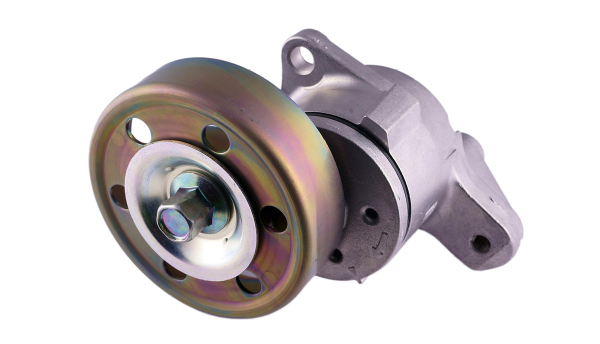
During the dramatic Detroit 3 bailout hearings in Washington D.C. this month, a soft-spoken, Tennessee Senator named Robert Corker emerged as a symbol of the future of the US auto industry -- and its massive geographical shift.
The Republican fiscal hawk is the former mayor of Chattanooga, and was a key figure in the enticement of Volkswagen to set up a new plant in that southern city.
But Corker was merciless in his interrogation of the Detroit 3 in Congress as the American companies sought billions for a bridge loan to get through the remainder of 2008 and the early weeks of 2009.
Corker was the sharpest, best-informed and most aggressive of the Senate Banking Committee questioners.
Whether or not he ultimately succeeds in blocking a taxpayer rescue of the Detroit automakers, Corker has become the living embodiment of how the centre of gravity of the US auto industry is shifting from Detroit to the Southland and how political power is going along with it.
Another key figure is Richard Shelby, the ranking Republican member of the committee, who has been the harshest critic of the Detroit 3. Yet Shelby represents a state, Alabama that has loaded up with auto plants lured by state government incentives.
What we have here is the great transformation of the US car business and it is creating incalculable drama and uncertainty for a supplier industry that is already in the most unstable period in its history.
Of course, every supplier wants to cut exposure to the Detroit Three. But the trouble these days is everywhere, not just in Detroit. Ask the Toyota suppliers who last summer lived through the three month-long production furlough for the Tundra pickup truck and Sequoia SUV.
Automotive companies are so deeply alarmed that the senior management at dozens of companies is not even sure whether to remain automotive companies at all -- should they survive. Some are indeed weighing prospects for entering other business lines.
Meanwhile, supplier consolidation has been all but frozen, including agreements already made, such as Grupo Antolin's proposed takeover of Cadence Innovation.
Companies that seek to sell all or part of their business are finding few willing buyers because of the credit crisis. Liquidation might be the only option, particularly for small to midsize suppliers.
A third of US auto suppliers are in danger of going under, Kimberly Rodriguez of the consulting firm Grant Thornton told the Wall Street Journal. And she says that if one of the Detroit 3 collapse that level would skyrocket.
The trouble is already endemic down the supply chain. As more of their customers file Chapter 11, suddenly suppliers aren't getting the receivables they are counting on.
This article will appear in full in the next edition of SupplierBusiness Analysis (Issue 10)








